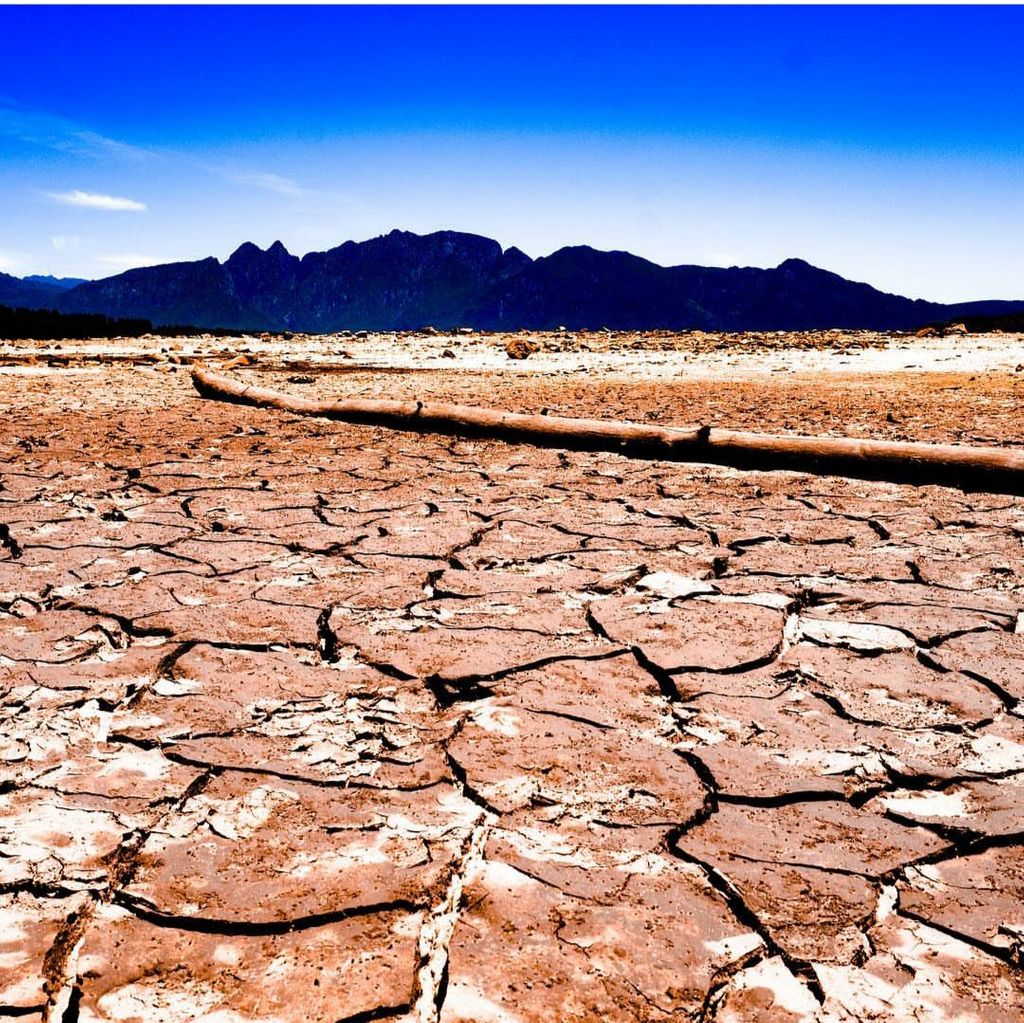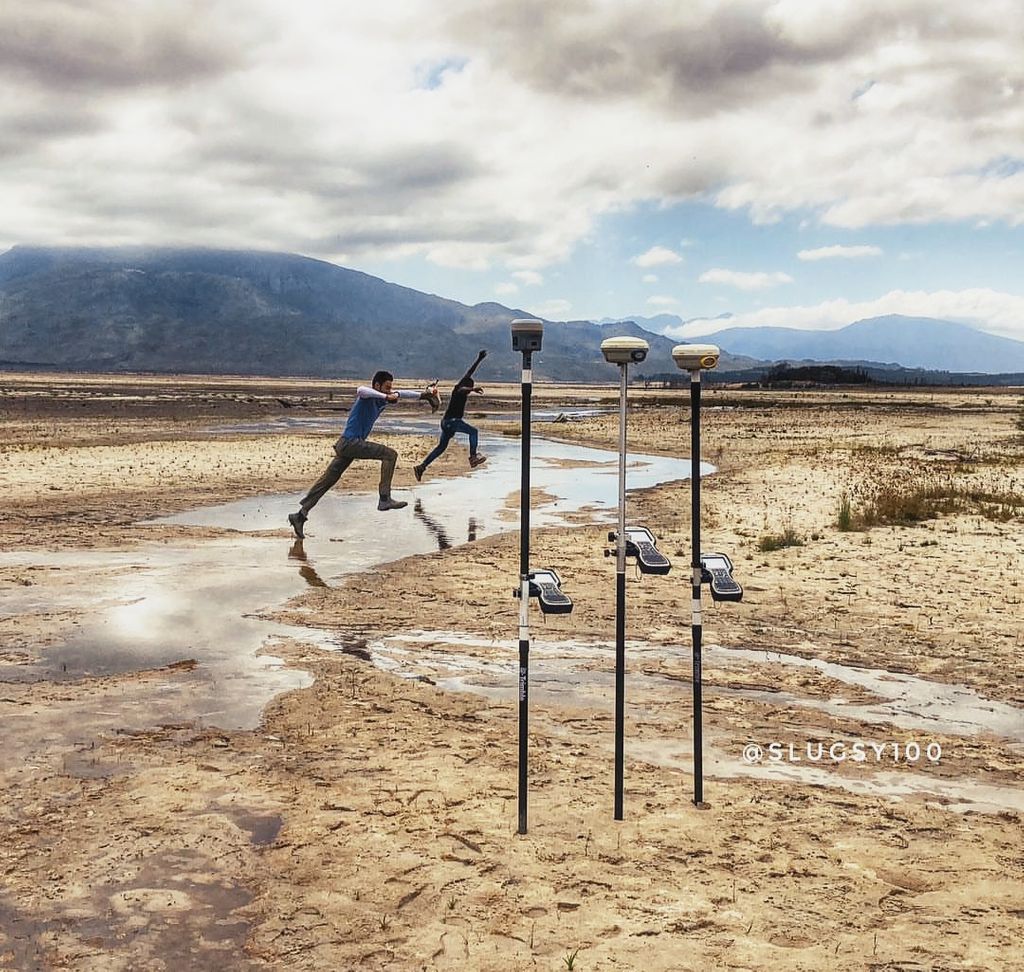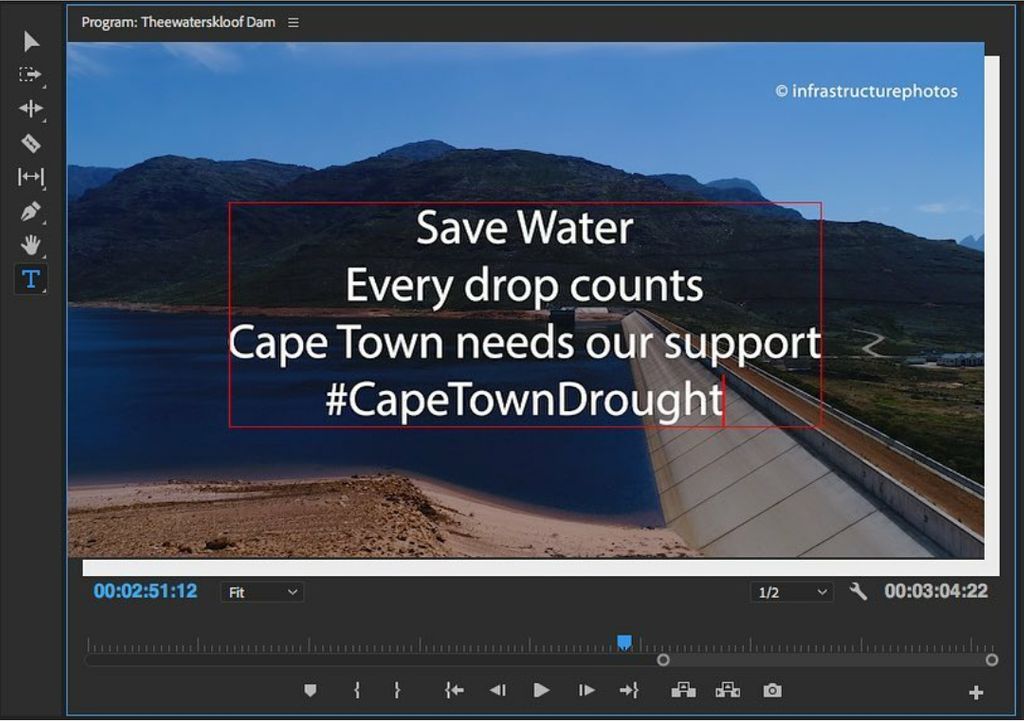Approaching Day Zero In Cape Town
Mar 27, 2019 • 41 views
With growing population, the demand for water is rising for domestic, industrial, agricultural and municipal needs. There is direct link with the growing population and the water shortage. Population is just not one factor other factors have equal share like - climate change and pollution. Hence demand for safe water mounts and pressure in finite water resources intensifies .

Cape Town –The causes of Cape Town's water crisis are hotly contested. There is a drought, of course.
Cape Town’s water comes almost entirely from rainfall, which is captured and stored insix major reservoirs around the city. But the city is currently in themiddle of three-year drought, so Cape Town’s reservoirs are dangerously low,at slightly more than fifth of their capacity.
The issue is obviously socially tense, creating wedges between authorities and citizens, between those who institute water restrictions and those who have to bear their brunt. Capetonians are using about 40 million litres less water a day than they are allowed to, even though the water crisis ended nearly five months ago. It could also be that the fear of Day Zero, when taps were predicted to run dry last April, is still fresh in people's minds.
In terms of conservation, Cape Town has done fantastically in that, mainly because the sight of these empty dams have scared out of everybody.
The city has also cut down on water waste by patching up leaky pipes and slowing the flow of water to a trickle.
The city put in placestrict water limit; each person is allowed 13 gallons (50 liters) of water per day.
Day Zero was averted because farmers gave Cape Town some of their water allocation, and because of good early winter rains.
At the start of October, when dam levels had risen but dams were not filled to capacity after a below-average total winter rainfall, the water restrictions were eased to allow 500 million litres a day.
However, in the 12 weeks since then, water consumption has stayed well below 650 million litres a day.
Other alike strategies didhelp push back the date for Day Zero.
What’s more, calling off Day Zero could rob the warning of its strength?
So cancelling Day Zero doesn’t mean that there’s a reprieve, although that’s the message it seems to be sending.

"My sense is that we learn from previous harsh lessons. What will be interesting to monitor is how long the behaviour changes last, whether they are permanent or not."
so today it wasn't day zero in Cape town but the water crisis is still not over. It is postponed till 2019 hence only enough rainfull this year can ensure the death of such crisis. Otherwise the day zero will somewhat keep haunting the people of Cape town.....
leta have a look here...
How day zero would be like ?
Day Zero will be like when the four million residents of Cape Town will be required to collect daily water rations. Cape Town residents could queue for water for up to three months when #DayZero operations kick-in.If #DayZero is declared, about 75% of the city's water network will be shut off.

This is just not their issue. Humans are hellebant on destruction. We are carrying on distaster on all nature fronts whether it's land , air or water. So this is the time to look at our future. Just keeping hopes that maybe everything will be fine with time is a most foolish thing. Let's be sensible towards nautre. Otherwise it would be soon us who will be dealing with similar issues like the Cape town.
